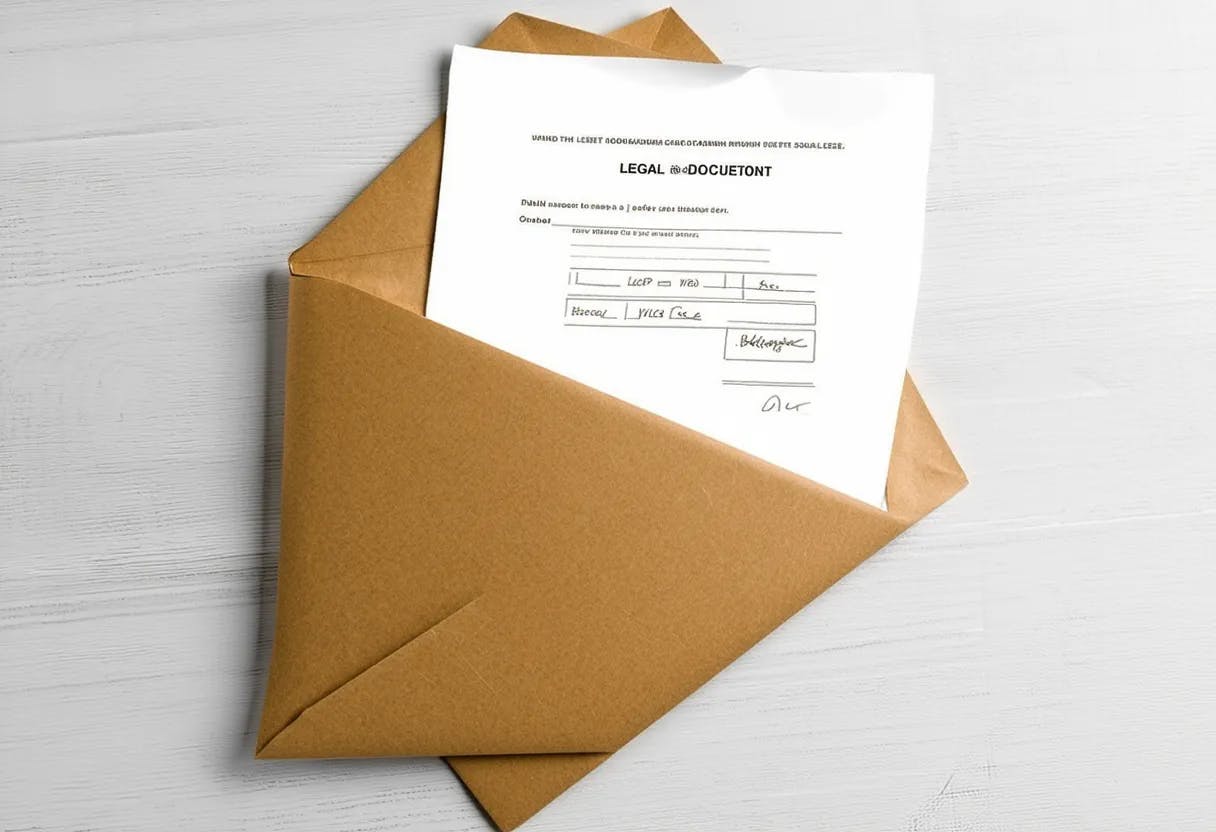165 reads
SEC Targets Consensys for Brokerage Activities in Lido and Rocket Pool Investments
by
July 10th, 2024
Audio Presented by

A collection of public domain court case filings, by/against the US SEC, retrieved by HackerNoon
About Author
A collection of public domain court case filings, by/against the US SEC, retrieved by HackerNoon
